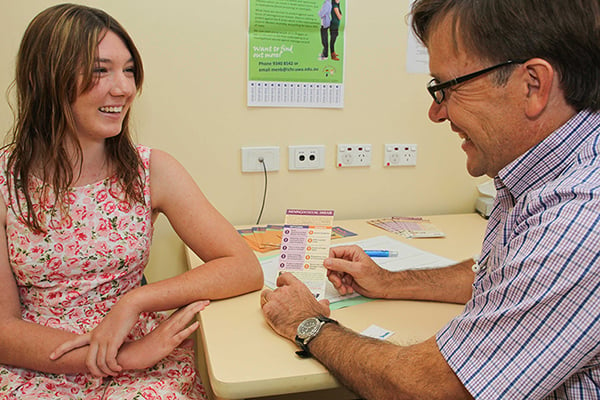Search
Research
Down SyndromeDown syndrome, also known as Trisomy 21, is one of the most common chromosome abnormalities in humans. It occurs when a child's cells end up with 47 chromosomes instead of the usual 46. Down syndrome causes intellectual disability and other physical and learning challenges.
Research
Strep A (Group A Streptococcus)Streptococcus A is a bacterium often found in the throat and on the skin.
Research
Language DevelopmentLanguage is one of the most remarkable developmental accomplishments of early childhood. Language connects us with others and is an essential tool for literacy, education, employment and lifelong learning.

Research
Meningococcal DiseaseMeningococcal disease is caused by the bacteria Neisseria meningitidis, or 'meningococcus'. It is an uncommon but very serious disease that can result in death if not recognised and treated quickly.
Research
Type 1 DiabetesA lifelong auto-immune condition that can affect anyone, but is most commonly diagnosed in childhood.

Discover more about Telethon Kids Institute research.
Research
Approaches that support Indigenous children and families in the transition to school: A systematic reviewThe early years are critical for lifelong wellbeing, with transition to formal school a key period for development. For Indigenous children, this transition provides opportunities to build on cultural strengths and belonging. However, many children face systemic barriers that impact their transition experiences, highlighting a need for culturally safe programs that support Indigenous families during this significant time.
Research
Aspiring athletes managing sport, education, social, and family life: A scoping reviewThis scoping review considers the experiences of aspiring high school-aged athletes as they navigate the complexities of managing sport, education, social, and family life. The review synthesises existing literature on the decisions, barriers, facilitators, and support systems that influence aspiring athletes' pathways.
Research
A general factor for trust?: Testing latent factor structures of trust across institutional and interpersonal contextsThe literature is replete with multi-dimensional self-report assessments of trust. It is not clear whether these dimensions are statistically distinguishable across institutional and interpersonal contexts, respectively.
Research
A Scoping Review of Methodologies Exploring Diet and Health Outcomes in Lactating Women: What Has Been Done and Where to Next?Developing dietary guidelines for lactating women presents significant challenges, due to limited evidence being available on their specific nutrient needs and the biological impacts of various dietary dimensions. Current dietary recommendations often rely on data from nonlactating women, leading to potential inaccuracies.
